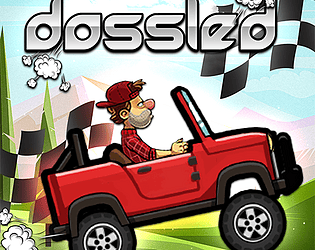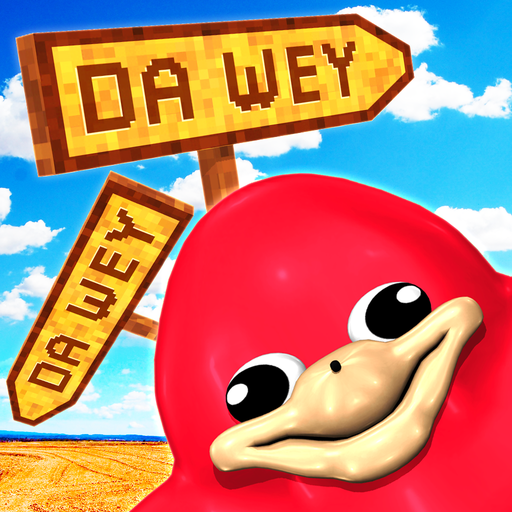EA's Origin app, launched in 2011 as a rival to Steam, is finally being replaced by the EA app. This transition, however, presents some challenges for users. The move highlights the ongoing debate surrounding digital game ownership and the limitations imposed by digital rights management (DRM).
Origin's less-than-stellar user experience and cumbersome login process led many PC gamers to avoid it. Despite this, EA's persistence has culminated in a switch to the EA app, a platform that, while intended as an improvement, shares some of Origin's usability issues.
A significant drawback is the loss of access to games for users who haven't transferred their accounts from Origin to the new EA app. This means players could lose access to purchased titles if they fail to complete the account migration process.
Furthermore, the EA app only supports 64-bit operating systems, leaving users of 32-bit systems in the lurch. While Steam also dropped 32-bit support earlier in 2024, this move raises concerns about digital ownership and access to purchased content. The vast majority of modern PCs utilize 64-bit systems, making this a less significant issue for most. However, users with older systems, particularly those running 32-bit versions of Windows 10 (sold until 2020), will need to upgrade their operating system to maintain access. Checking system RAM is a simple way to determine if a system is 32-bit (maximum 4GB RAM).
This situation underscores the vulnerabilities inherent in relying solely on digital distribution platforms. The potential for losing access to a game library due to platform changes or hardware limitations is a real concern. This isn't unique to EA; Valve's similar decision regarding 32-bit support on Steam highlights a broader industry trend.
The increasing prevalence of invasive DRM solutions like Denuvo further complicates the issue. These DRM systems often require extensive system access and impose arbitrary limitations, despite legitimate game ownership.
A potential solution for gamers seeking to safeguard their digital libraries is to utilize platforms like GOG (owned by CD Projekt), which offers DRM-free games. This ensures continued access to purchased titles regardless of hardware changes or platform updates. While this approach opens the door to software piracy, it doesn't seem to deter developers, as evidenced by upcoming releases like Kingdom Come: Deliverance 2 on the GOG platform.









